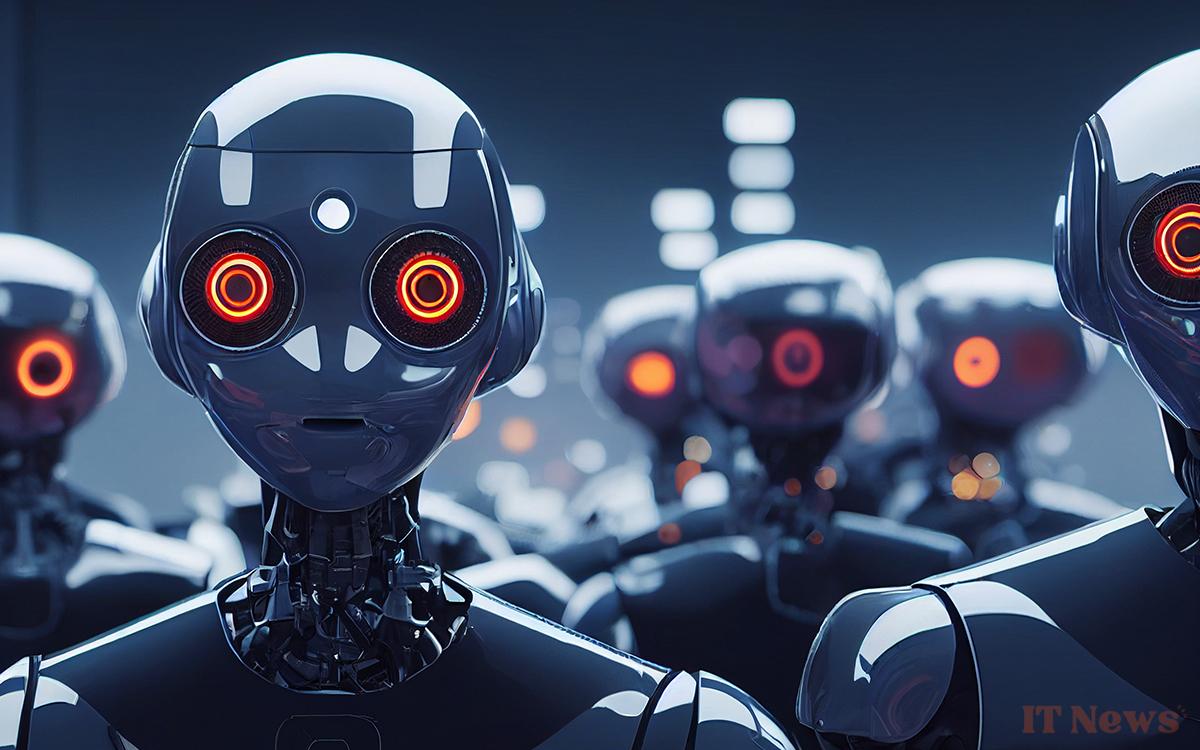Artificial intelligence is progressing at an impressive speed. Some experts believe that it could surpass human intelligence by 2027. But a technical obstacle could slow down this evolution.
Artificial intelligence is experiencing meteoric progress and is transforming many sectors. Models like ChatGPT or Claude are becoming more and more efficient and are performing complex tasks that were once reserved for humans. This technological advance is pushing companies to invest heavily to develop ever more sophisticated systems that can analyze, create and make decisions with unprecedented precision.
In an interview with the Wall Street Journal, Anthropic CEO Dario Amodei said: that an artificial intelligence more powerful than humans could emerge by 2027. This advance, called artificial general intelligence (AGI), would allow machines to perform any intellectual task at the same level, or even better, than us. However, this evolution depends on a key factor: the availability of processors needed to run these increasingly powerful models.
AI is progressing quickly, but its development is slowing down by GPU shortage
While AGI seems close, a major problem could slow its emergence: the lack of computing power. OpenAI and Anthropic, two leaders in the sector, are already struggling to meet the energy needs and hardware requirements of their current AI models. Sam Altman, CEO of the former, recently admitted that the company could not deploy GPT-4.5 at scale due to a GPU shortage. Dario Amodei estimates that by 2026, Anthropic could need more than a million chips to continue improving its AI.
Faced with this acceleration, Google also wants to maintain its leadership. Sergey Brin, co-founder of the company, recently asked his teams to accelerate their research on AGI, relying on AI itself to improve its own models.
Meanwhile, the impact of AI on work worries many experts. Bill Gates has said that it will gradually replace humans in most jobs, including manufacturing, logistics, and agriculture. However, Sam Altman takes a more nuanced view. He says that AGI will arrive quickly but will cause “surprisingly little” social disruption. So should we be worried? The technology will undoubtedly disrupt some industries, but its future will depend above all on human decisions: how it will be framed, used, and integrated into society.




0 Comments